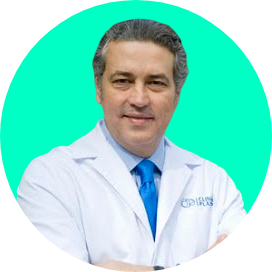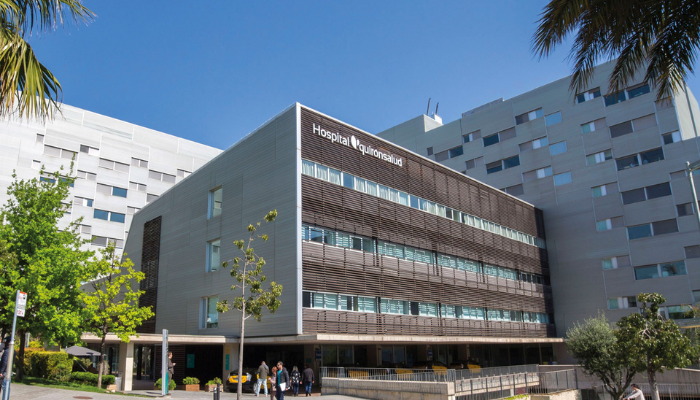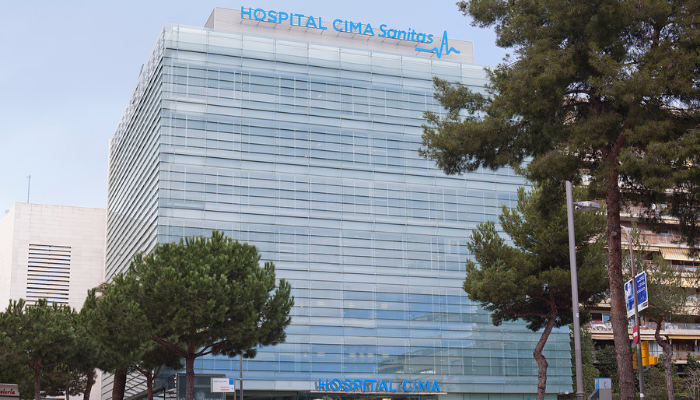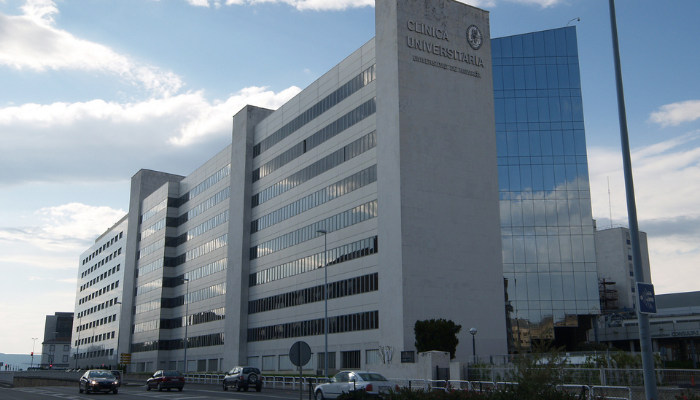Gastric Balloon in Spain
The gastric balloon is a weight loss treatment that is performed endoscopically by placing a soft silicone balloon inside the stomach and filling it with sterile liquid. The combination of this procedure with a healthy diet and regular exercise provides excellent results that improve quality of life.
In Spain you can rely on doctors who are experts in treating obesity to help you regain control of your body and improve your health so that you can enjoy your life more.
Can we help you?
In a few moments, one of our specialists will contact you.









